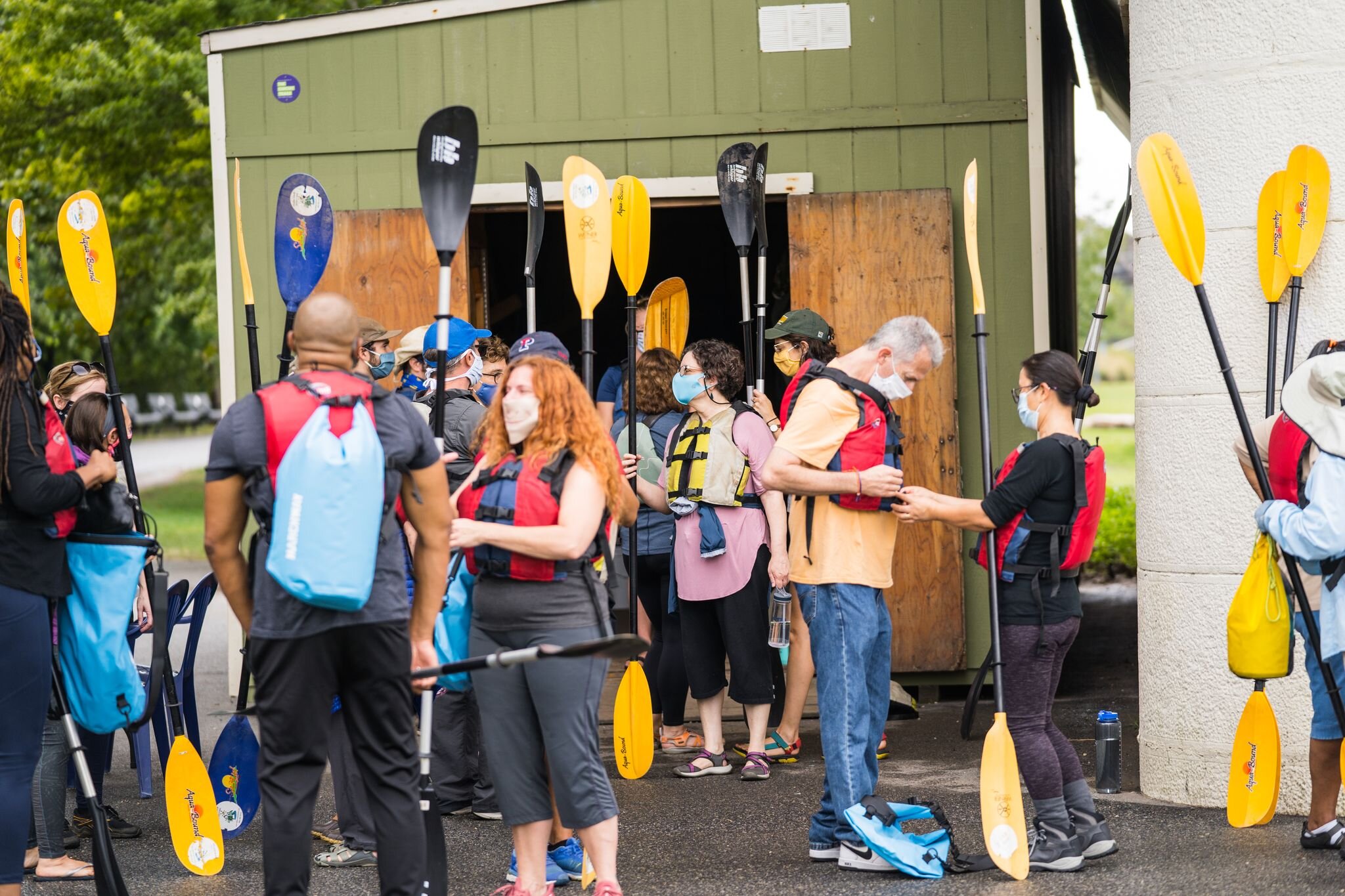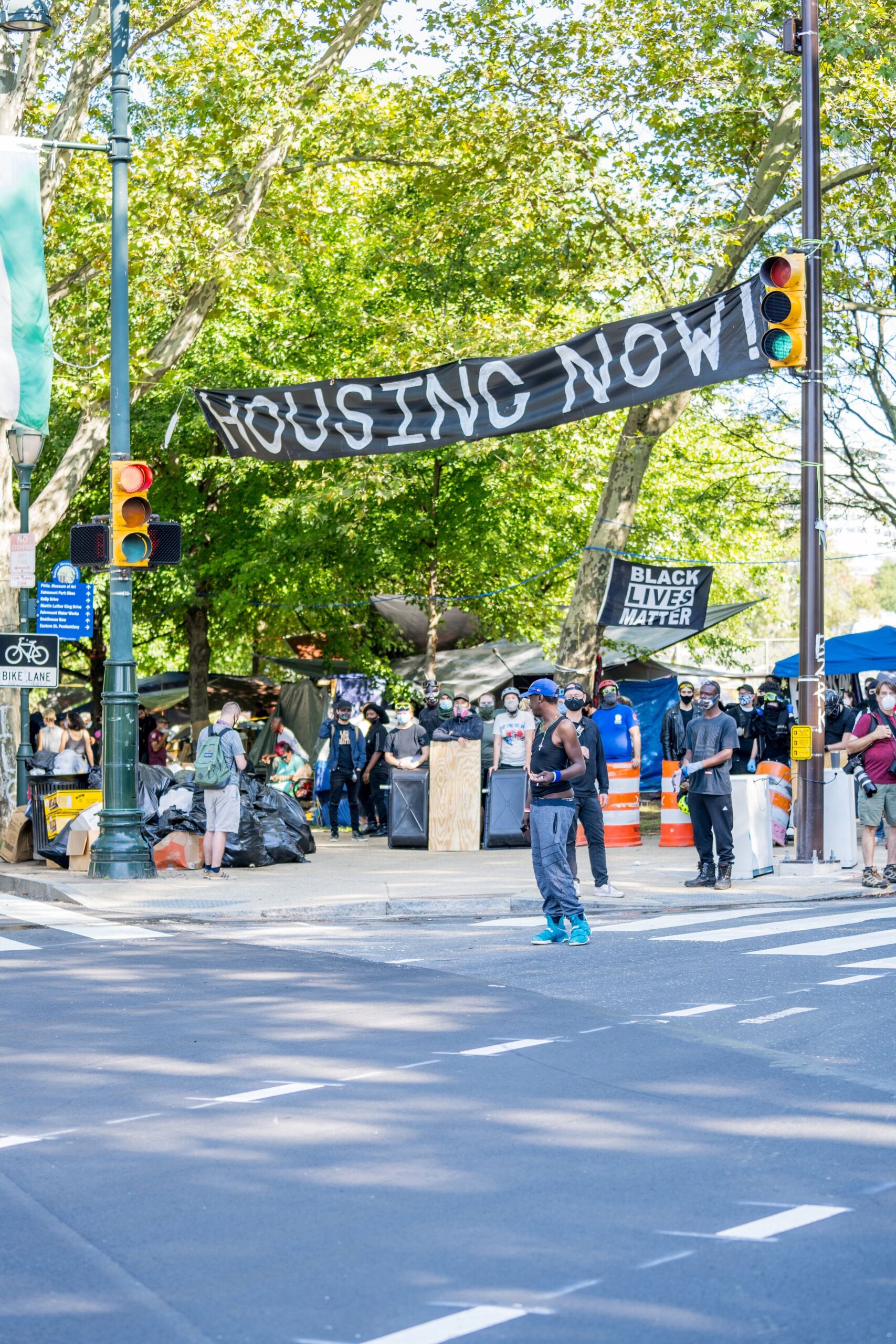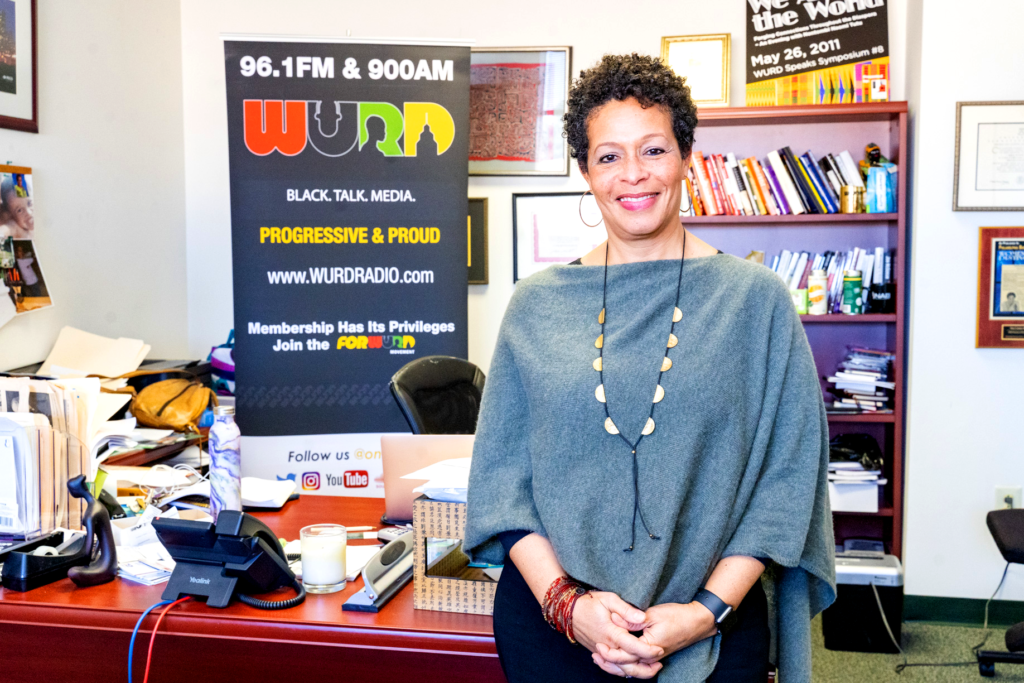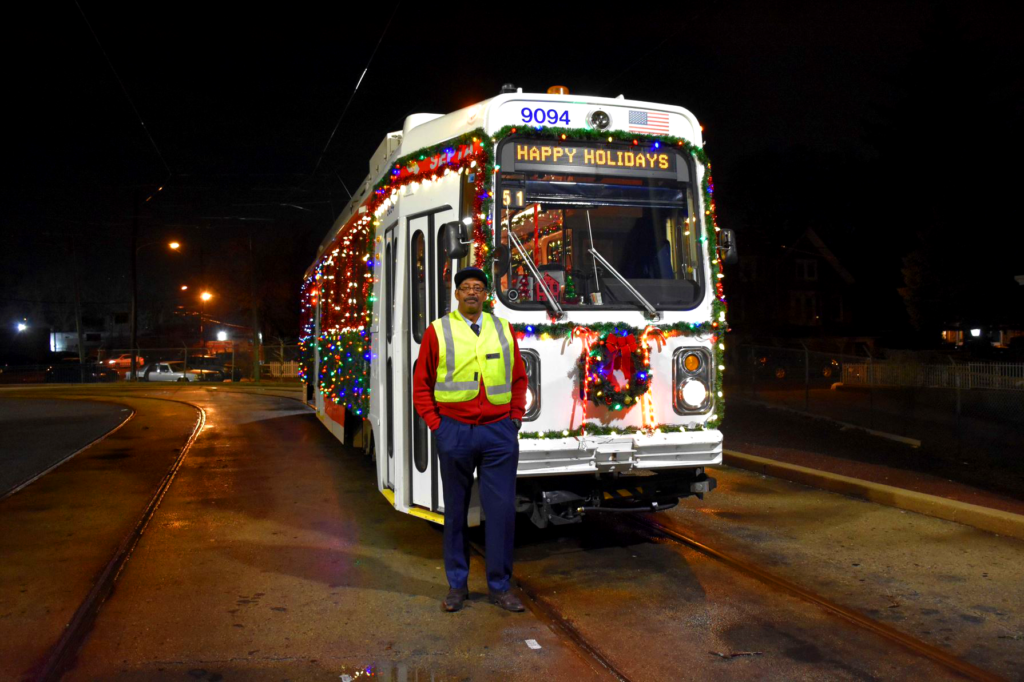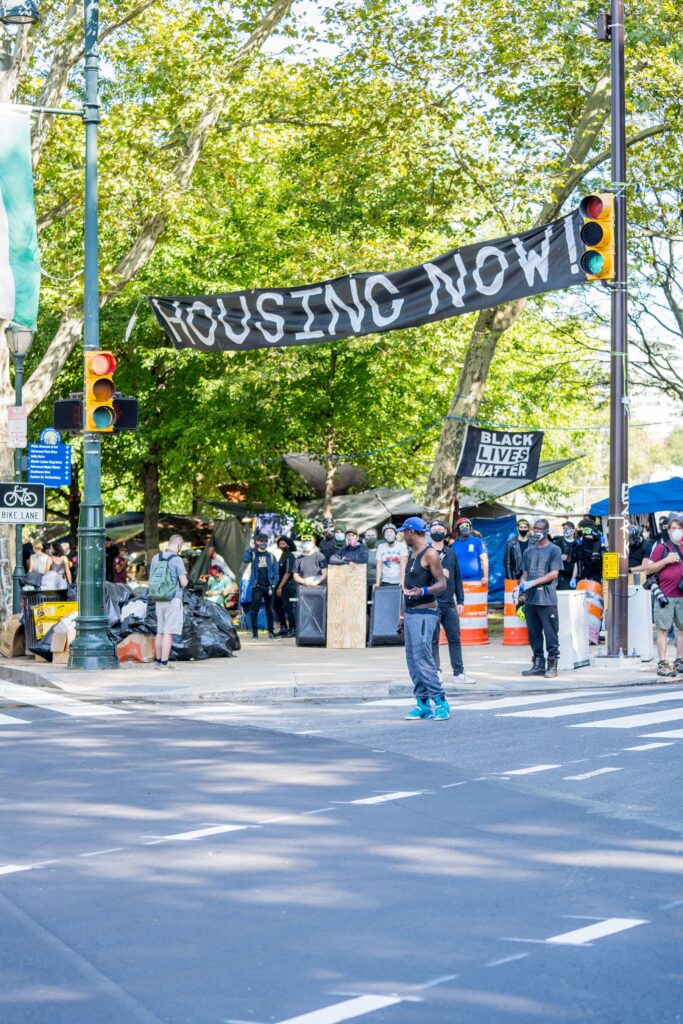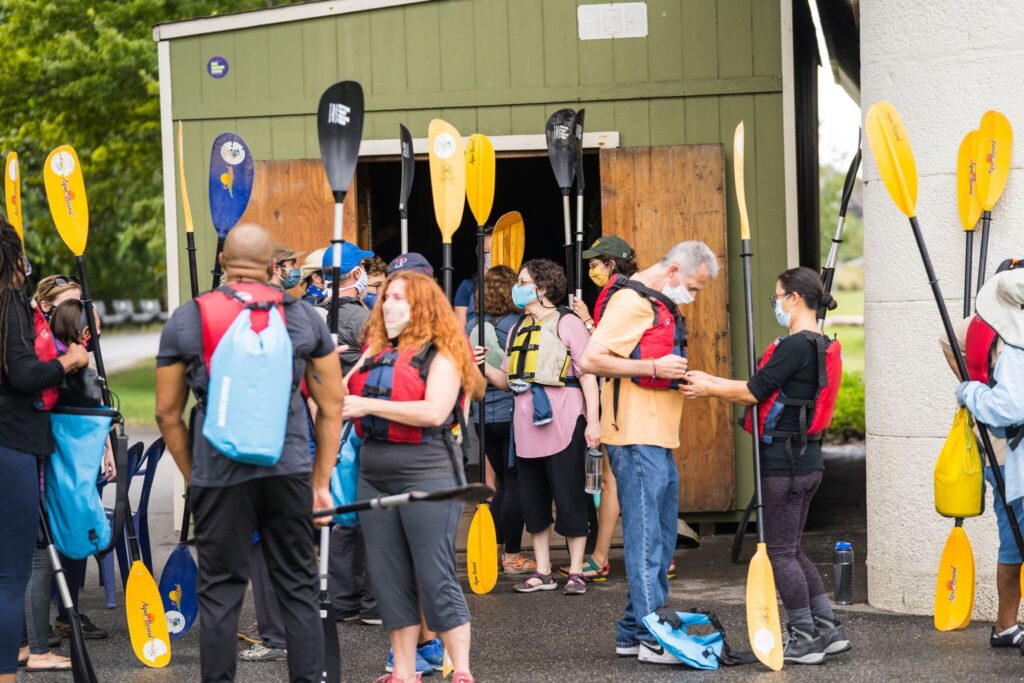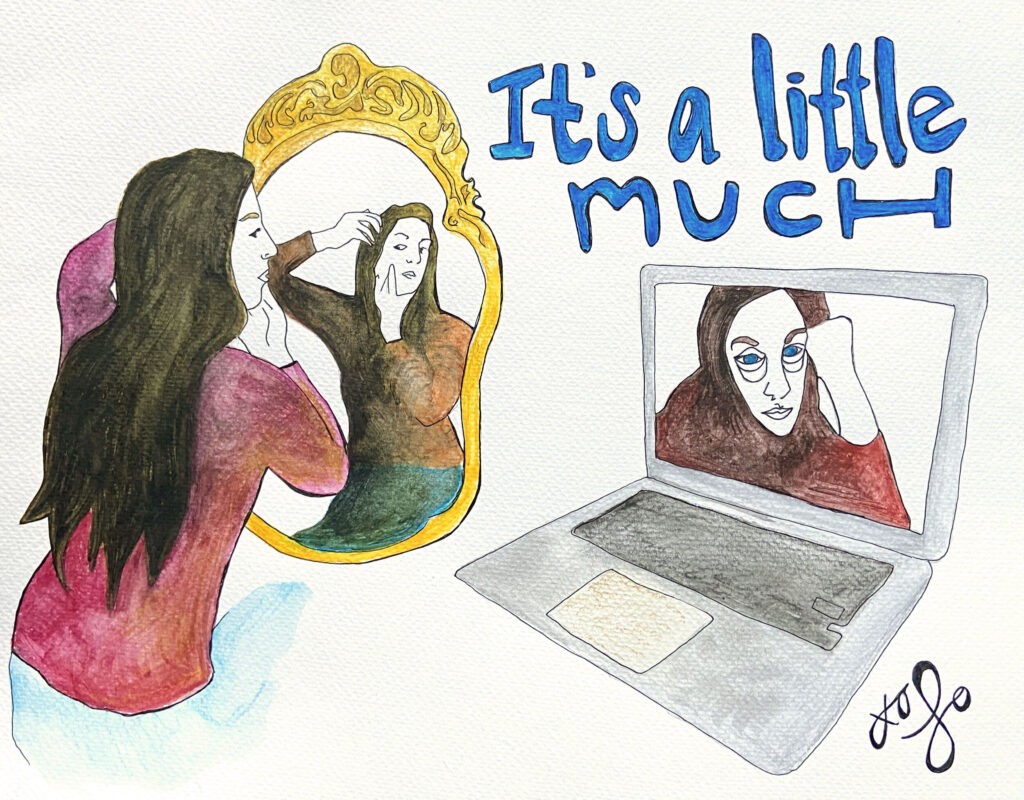Eager to put the last four years in America’s rear view, President-elect Joe Biden and his transition team have published their first batch of plans for their time in the White House, some of which include exciting news for bicycling, public transit and walking.
Pledging to allot federal funding for alternative transportation modes, the Biden team promises to “Provide every American city with 100,000 or more residents with high-quality, zero-emissions public transportation options.”
They’ll do this “through flexible federal investments with strong labor protections that create good union jobs and meet the needs of these cities—ranging from light rail networks to improving existing transit and bus lines to installing infrastructure for pedestrians and bicyclists,” according to the team’s website.
By comparison, President Trump, and the Republican Party at large, remain totally uncommitted to any transportation issue; Republicans infamously did not set a 2020 transportation platform at their convention.
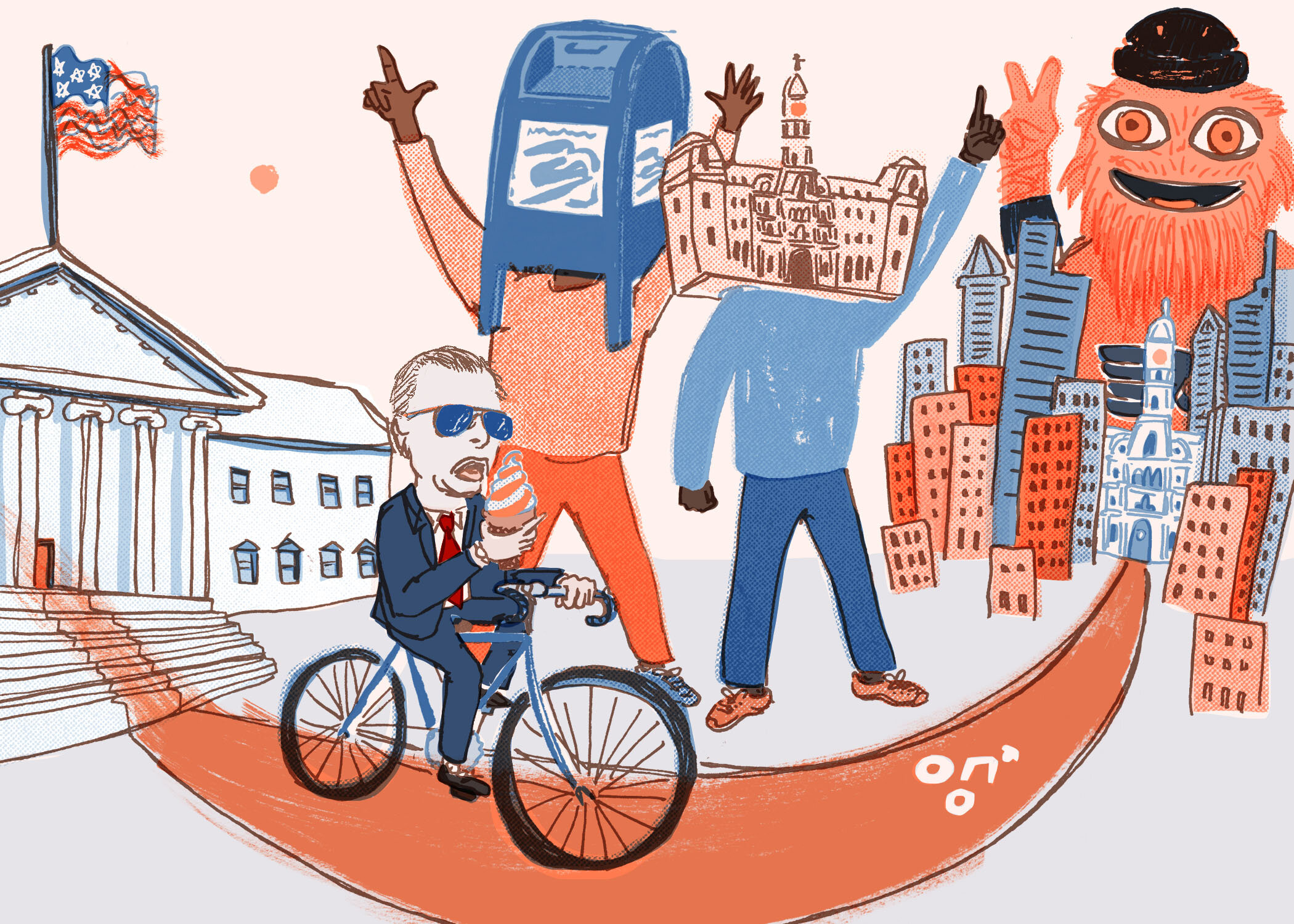
Biden’s encouraging proposal is part of the new administration’s $2 trillion climate plan, much of which was unveiled this summer. Still, the way things actually go in the next administration will depend largely on the next secretary of transportation, and how the Biden-Harris administration plans to handle motor vehicle subsidies.
The transportation secretary plays an important role in determining how federal funding gets doled out to states and cities.
Though Trump’s transportation secretary, Elaine Chao, wasn’t actually that bad, she did preside over a huge expansion of highway miles in mostly rural areas and continued the subsidization of driving, including an exemption from fuel economy standards for “light trucks,” i.e. SUVs and pickup trucks, according to a recent paper by Greg Shill, a law professor at the University of Iowa.
“This encouraged carmakers to sell pickup trucks and SUVs, which now make up about 65% of new car sales,” former Streetsblog.org editor Angie Schmitt noted in 2019. “As a result, they have wiped out all the efficiency gains made by cars over the last few decades.”
They’re also far more dangerous than your average sedan or coupe.
The next transportation secretary will need to roll back some of the negative environmental impacts of motor vehicle subsidies while providing cities and states with sufficient funding for bike projects.
Two names for the position came up in a November 7 Politico article: Los Angeles Mayor Eric Garcetti and Oregon Congressman Earl Blumenauer.
Of the two, cyclists would probably want to set their hopes on Blumenauer. A co-chair of the Congressional Bike Caucus (yes, such a thing exists!), the former Portland city commissioner has made bicycling and alternative transportation a large part of his mission in Washington, going so far as to state that bicycling is the “most efficient form of transportation designed.”
Blumenauer was also considered by Obama for the role in 2008, before Republican Ray LaHood was chosen.
But there’s another issue besides who is in charge—car culture. No transportation secretary or anyone running for a role in the federal government seems intent on curbing it.
No matter how progressive the politician in charge of infrastructure dollars might be, private motor vehicles have always come first. Even in Philadelphia—which international reporters lauded for its bicycling scene during the ballot counting process— lanes for vehicle traffic and parking always take priority over bike lanes.
So there’s no surprise that Biden’s climate plan puts cars first, promising heavy subsidies for the auto industry. One million new jobs would go toward car infrastructure, charging stations and domestic auto supply chains. As Carlton Reid at Forbes noted, the plan “wraps car dependency in Trump-style ‘America First’ nationalism.”
It will be largely impossible for the United States to address climate change if we’re giving people money to buy new cars, even electric ones.
The thing is, cars are still cars. You can put an electric engine in an F-350, but it’s still destroying the roads it drives on, taking up much-needed space in cities and towns and having a detrimental effect on the environment.
In cities, especially in recent years, there has been a huge shift to electric bicycles — which, oddly enough, are not subsidized the way that cars are, even though they are just as (if not more) useful in performing basic tasks that you’d need a car for in a city.
The people who elected Biden and Harris will seek to move them away from the center, and that might be successful. It’s going to take cities and states (as well as interest groups) to take charge and work with the new administration to secure the funds needed to ensure we get the “high-quality, zero-emissions public transportation options” we’ve been promised.


